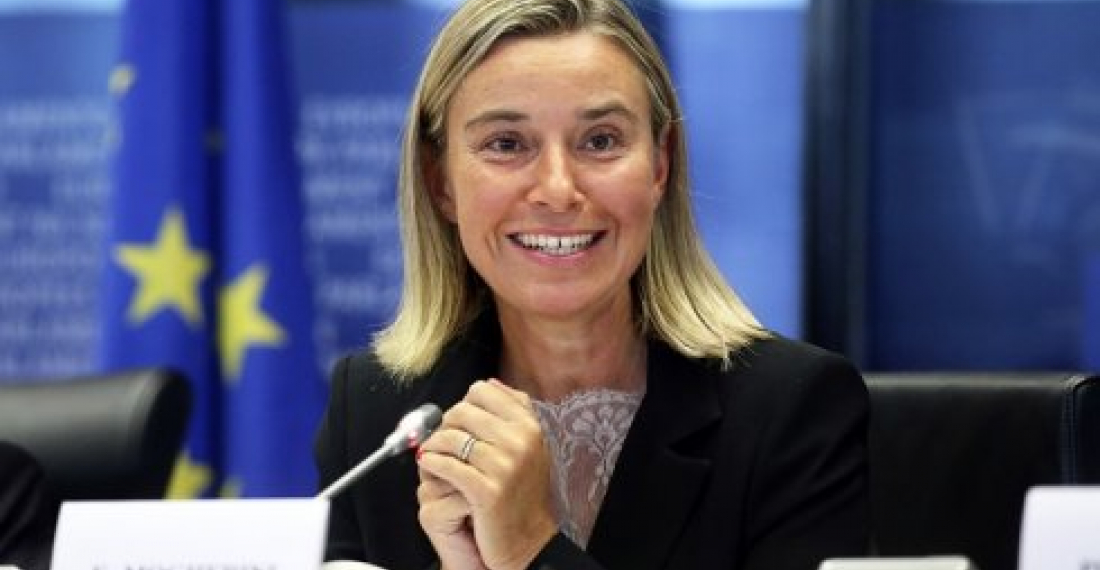EU High Representative for Foreign and Security Policy, Federica Morgherini gave a long presentation on EU foreign policy at a meeting of the Atlantic Council in Washington on 10 February.
Speaking on Ukraine, Mrs Morgherini said that the European Union has a strong policy and principled policy when it comes to Ukraine. "This is very serious to us. Not only for the situation in the east of Ukraine itself and in Crimea but also because for us Europeans it is essential to understand each other, especially across the Atlantic, on the basic, vital principle that you do not change borders by force. And this, for us, is a must of our cooperation."
Morgherini addressed issues related to relations with Russia as well as the United States and Europe's increasing role as a security provider. "[The European Union] is also a hard power, even if this is not perceived too much here. We have 16 military missions and operations in the world; we are training military forces in parts of Africa where the terrorist threat is serious and present; we are operating off the coast of the Horn of Africa against piracy, that has basically disappeared from the region; we are in the Mediterranean Sea, dismantling the businesses of smugglers and traffickers of people, but also saving lives". mrs Morgherini said.
You can read the full trancript of mrs Morgherini's remarks here
source; commonspace.eu with the press service of the European External Action Service






